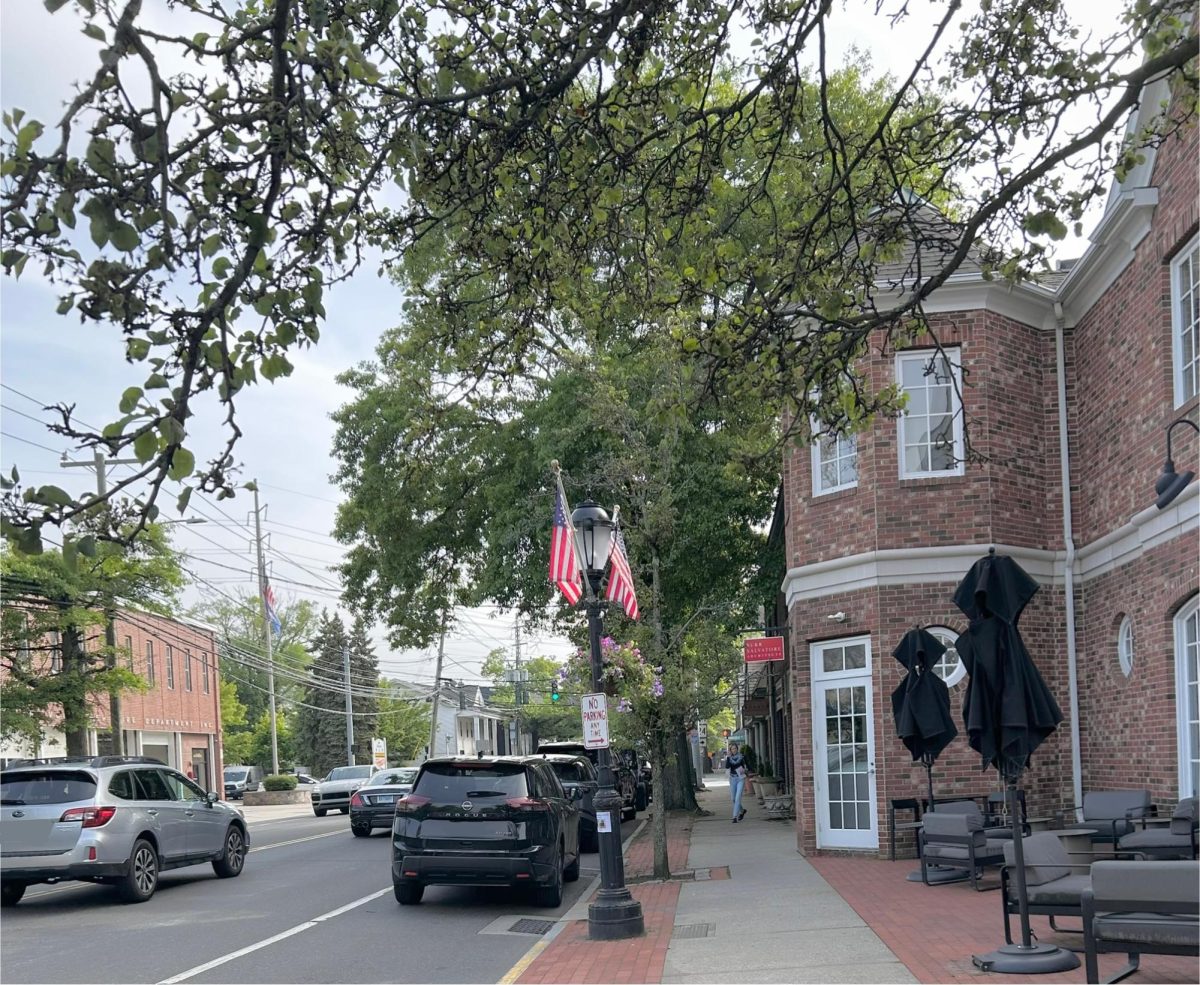Twitter’s New Policy: An End to Political Ads ?
Political ads: Never again to be seen on Twitter!
December 22, 2019
Twitter is one of the top 5 social media sites in America. According to Emarketer’s 2018 statistics, around 20 percent of the United States’s internet users visit Twitter on at least a monthly basis. Twitter is a global social media platform and boasts around 330 million monthly active users (Emarketer’s 2018 Statistics).
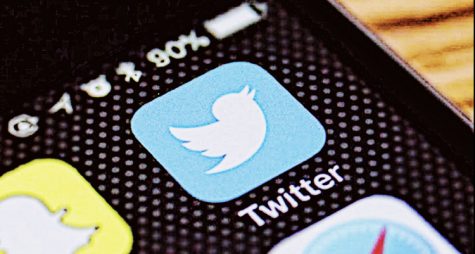
Twitter, as well as other forms of social media, play a crucial role in modern-day politics. A growing presence of politics on social media has allowed elected officials and candidates to become more accountable and accessible to voters. Political leaders possess the ability to publish content and instantly distribute it to millions of voters. Candidates are able to manage their image, and monitor the real-life analytics of potential voters at almost no cost.
On October 30th, however, Twitter’s CEO, Jack Dorsey, announced that Twitter will no longer accept political ads by the end of November. Dorsey tweeted, “we’ve made the decision to stop all political advertising on Twitter globally. We believe political message reach should be earned, not bought.” He also proclaimed that “political message earns reach when people decide to follow an account or retweet. Paying for reach removes that decision, forcing highly optimized and targeted political messages on people. We believe this decision should not be compromised by money” (New York Times).
Twitter’s chief financial officer, Ned Segal, added that “this decision was made on principle, not on money.”
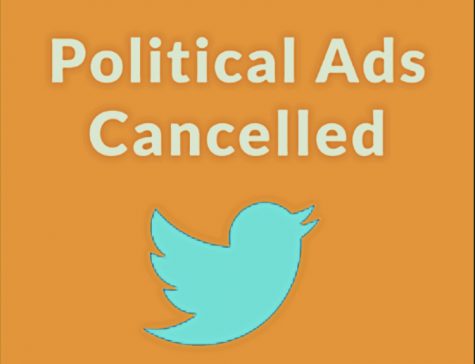
Twitter’s announcement remains specifically potent due to the tense scrutiny of Silicon Valley’s way of dealing with political ads. Fellow social media companies, like Facebook, have commonly been criticized for allowing politicians to promote factually incorrect ads (Business Insider).
Dorsey’s comments place him in juxtaposition to Facebook’s senior executives, Sheryl Sandberg and Mark Zuckerberg, both of which have repeatedly argued in defense of publishing non-fact checked political ads.
On the same day of Dorsey’s announcement, Zuckerburg reiterated his stance on political advertising. Avoiding direct address of Twitter’s new policy, Zuckerburg conveyed, “we need to be careful about adopting more and more rules” surrounding political speech. He continued, claiming, “in a democracy, I don’t think it’s right for private companies to censor politicians or the news.” Zuckerburg concluded by explaining, though, he will continue to evaluate whether or not political advertising is truly beneficial to the public, he plans on continuing to permit political advertising (CNBC).
According to Zuckerburg, political advertising will account for less than 0.5 percent of the following year’s revenue, indicating that the company’s motives behind allowing political ads, is not solely financially based.
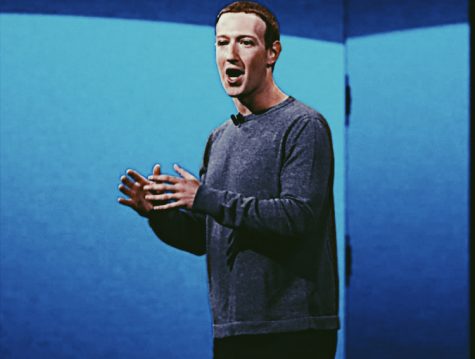
Facebook, however, is not the only responder to Twitter’s announcement.
In October, Biden’s presidential campaign reached out to a number of social media companies asking them to stop running an ad that falsely accused Biden of corruption within his role in Ukranian policy during the vice presidency of the Obama administration. Upon Twitter’s announcement, Bill Russo, a spokesman for former Vice President Biden’s presidential campaign, was quick to comment. Russo professed support of Twitter’s new policy, endorsing, “when faced with a choice between ad dollars and the integrity of our democracy, it is encouraging that, for once, revenue did not win out.”
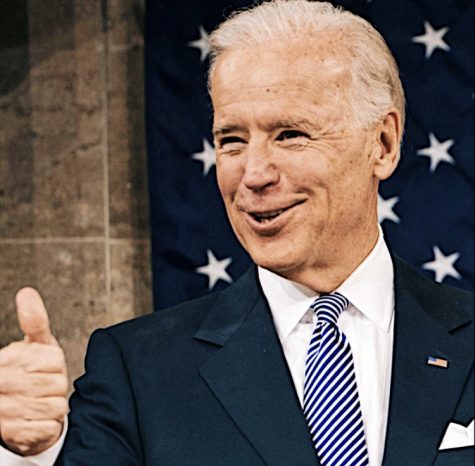
Senior Mariam Ghaloo also agreed with Dorsey, proclaiming, “ I believe that it’s important to keep political ads out of social media, because they can gain a fair advantage for certain candidates or issues, and negatively affect others. They can also misinform people about actual facts within the political world, and lead to them to support a cause they may not have intended to.”
In contrast, Brad Parscale, President Trump’s campaign manager was quick to attack Twitter. Parscale asserted that Twitter’s new policy was “a very dumb decision for their stockholders,” and that it was “yet another attempt to silence conservatives…since Twitter knows President Trump has the most sophisticated online program ever known.”
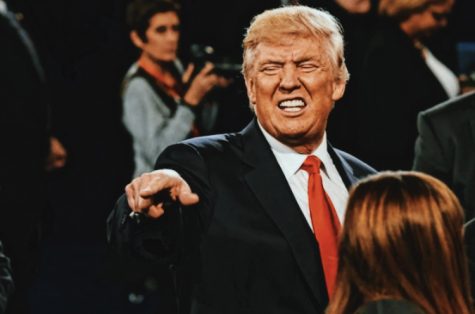
According to CNN Business, Dorsey quickly followed up with a series of tweets regarding the reasons behind Twitter’s decision to terminate political advertisement. Dorsey explained that “while internet advertising is incredibly powerful and very effective for commercial advertisers, that power brings significant risks to politics, where it can be used to influence votes to affect the lives of millions…Internet political ads present entirely new challenges to civic discourse: machine learning-based optimization of messaging and micro-targeting, unchecked misleading information, and deep fakes. All at increasing velocity, sophistication, and overwhelming scale.”
Dorsey continued stating that Twitter will also no longer run issue ads, as Twitter categorizes them as ads to “advocate for or against legislative issues of national importance.”
This once again put Dorsey at odds with Zuckerburg, who, in his speech at Washington cited issue ads as an additional reason to keep political ads. Zuckerburg professed, “even if we wanted to ban political ads, it’s not clear where we’d draw the line. There are many more ads about issues than there are directly about elections. Would we ban all ads about healthcare or immigration or women’s empowerment?”
Freshman Khrystos Yika-Nacarino thinking about both Zuckerburg and Dorsey’s words claimed, “I’m not sure who to support. I do believe that political ads, in general, should be taken off social media, however, some political messages I feel should not be taken down, like spreading women’s rights”.
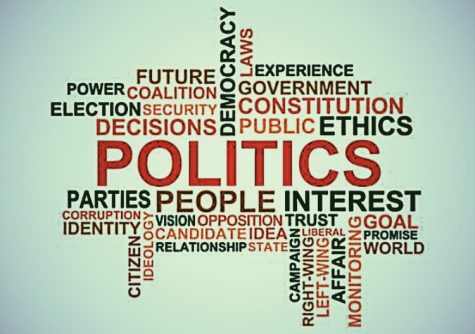
According to The Washington Post, Dorsey plans on sharing more details about Twitter’s changing policies on November 15th and will stop accepting political ads officially on November 22nd.
With Twitter’s new policy has come another political divide, with a majority of Democrats supporting the policy, and a majority of Republicans adamantly in opposition. Darien High School appears torn on the issue as well. Senior Miraal Maqsood was too torn to take a specific stance, conveying she had “no comment” on the subject.
What do you believe?




